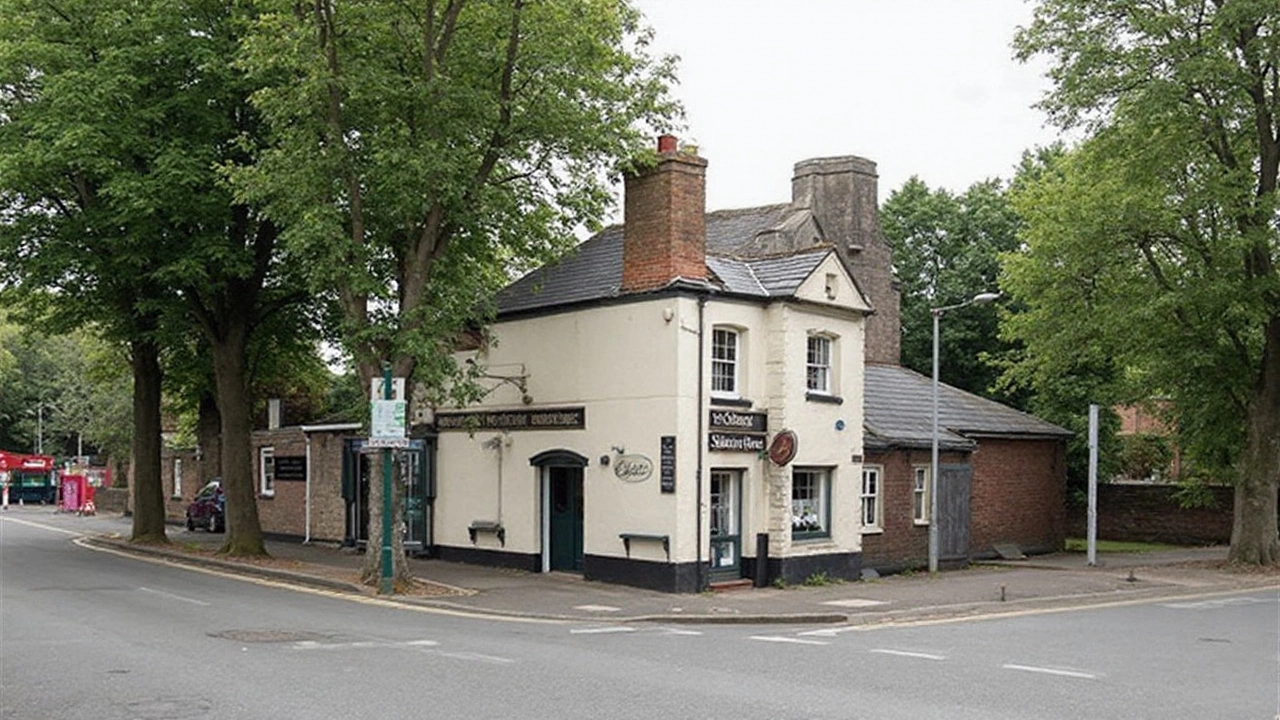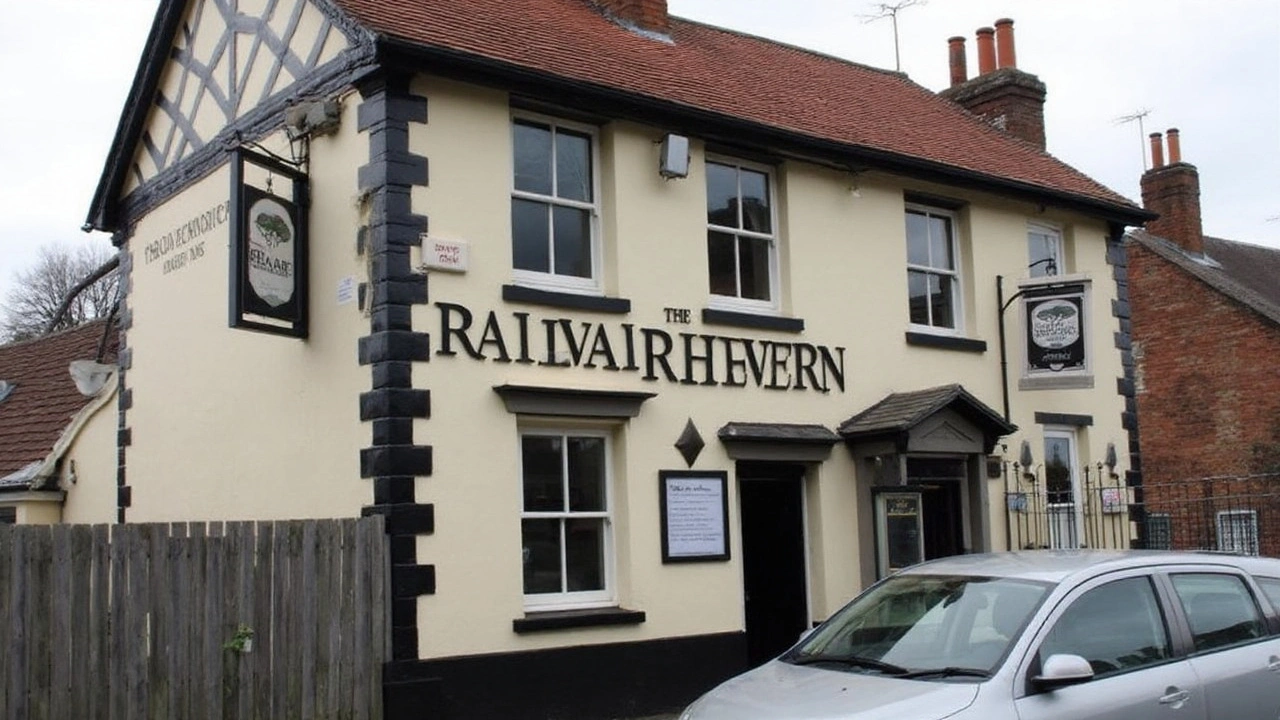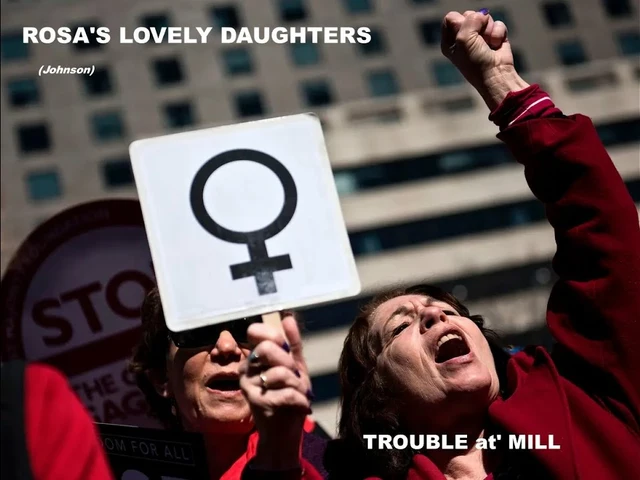Police push for licence revocation after a year of violence
A small-town pub in Hailsham has become the focus of a serious licensing battle after a year marked by fights and police callouts — and a brutal attack that left its landlord with life-changing injuries. Sussex Police have applied to revoke the premises licence, arguing the venue has not been kept under proper control.
The pub, run by landlord Phillip Ashby, has been linked to multiple violent incidents over the past year. Officers say the pattern points to a failure to prevent crime and keep people safe. In licensing terms, that is a red flag: premises must show they can meet core legal objectives, including the prevention of crime and disorder and the protection of public safety.
The case took a stark turn when Ashby himself was attacked and seriously injured. He is now facing a long recovery. With the person who ran the day-to-day operation out of action, the pub’s future is uncertain even before any licensing decision is made.
Friends and regulars have launched an online fundraiser to support Ashby while he undergoes treatment and rehabilitation. The donations reflect concern for the man at the center of the business, even as questions grow about whether the venue can keep operating safely.
Police reviews are usually a last resort. Before they ask for a licence to be revoked, officers typically try engagement and voluntary action plans: extra security, new staff training, tighter ID checks, or earlier closing times. A formal review signals that those steps either did not happen or did not work.
In their submission, police contend the venue has been the site of repeated disorder that went beyond one-off incidents. When a pattern develops — and incidents keep drawing in emergency services — the licensing framework expects decisive action to stop it.
Revocation is the most severe outcome. But it is not the only one. A licensing panel could also suspend the licence for a period, change the permitted hours, impose strict conditions, or remove the designated premises supervisor. Any of those moves would aim to reset how the pub operates and reduce the risk of further violence.
The attack on Ashby complicates everything. Without a hands-on operator, the pub may struggle to implement any new conditions or even open safely day to day. Staff are left in limbo, suppliers face uncertainty, and weekend events that draw footfall to the local high street are on hold.
Violence linked to late-night venues is not unique to Hailsham. Police and councils across England use the Licensing Act 2003 to intervene when venues are associated with assaults, large fights, or persistent public disorder. The national guidance is clear: if a premises cannot meet the basic objectives, the licence can be curtailed or removed.

What happens next: the licensing process and community impact
The case now moves to the local licensing authority for a formal hearing. Under the usual national process, once a review is lodged, there is a public representation window — typically 28 days — during which residents, responsible authorities, and the licence holder can submit evidence. A hearing often follows within several weeks, where a panel weighs police reports, CCTV logs, incident records, and any proposed fixes from the venue.
The panel’s options range from corrective to terminal. They can:
- Impose new conditions, such as mandatory SIA-licensed door staff after a set hour, ID scanning on entry, or a radio link to other venues and CCTV control.
- Reduce hours, especially late-night trading, to lower the risk period for violence and disorder.
- Change the designated premises supervisor or require additional staff training on conflict management, refusals, and incident reporting.
- Suspend the licence to allow a full reset — or revoke it if they believe the problems cannot be fixed.
In practice, panels look for a credible plan. That might include a clear incident log, body-worn cameras for door staff, better lighting outside, a switch to polycarbonate drinkware late at night, and regular risk assessments for live music or sport screenings. Venues that can demonstrate quick, measurable change tend to get more time to put things right.
This pub faces a tougher path. The landlord’s injuries remove the person who knows the site best and who usually drives changes on the ground. If a different manager steps in, the council may ask for evidence they can keep firm control: who is in charge when, what training the team has, and how security will be managed on busy nights.
Jobs are on the line. A licence suspension would pause trading and cut off income for bar staff, door supervisors, and suppliers. A revocation would go further, forcing a sale or fresh application under new management. Even if the licence survives with strict conditions, profitability can take a hit if late-night hours are trimmed.
Public safety is the other side of the ledger. Repeated violent incidents drain police resources and rattle neighbors who live near the town center. People want pubs to thrive — but not at the cost of regular 999 calls. Councillors on the licensing panel will weigh those competing interests in detail.
If the licence is revoked, the holder can appeal to a magistrates’ court, which means the final outcome might take months. If conditions are imposed, compliance will be closely watched. Any further serious incidents could trigger a fresh review and tougher steps.
Community support for Ashby is not in doubt. The fundraiser shows how quickly people rally when someone gets hurt. But the licensing test is different. It looks at systems, controls, and risk — not sympathy. The question for decision-makers is simple: can this venue operate without fuelling crime and disorder?
For now, the town waits on the next official notice: the date of the hearing, the police evidence, and any plan the venue’s representatives put forward. The decision will shape not just one pub’s fate, but also the late-night tone of a Hailsham weekend — who goes out, how safe they feel, and whether the emergency sirens stay quiet.

 Serie A Week 2 Liveblog: Milan Breaks Dry Spell, Cremonese Pull Off Late Drama
Serie A Week 2 Liveblog: Milan Breaks Dry Spell, Cremonese Pull Off Late Drama
 Greater Manchester Police Clears Angela Rayner in Electoral Misrepresentation Inquiry
Greater Manchester Police Clears Angela Rayner in Electoral Misrepresentation Inquiry
 What is the best type of rear end, differential, for car racing?
What is the best type of rear end, differential, for car racing?
 Can one simultaneously be feminist and MRA?
Can one simultaneously be feminist and MRA?
 Letting The Freak Flag Fly At The Folsom Street Fair
Letting The Freak Flag Fly At The Folsom Street Fair